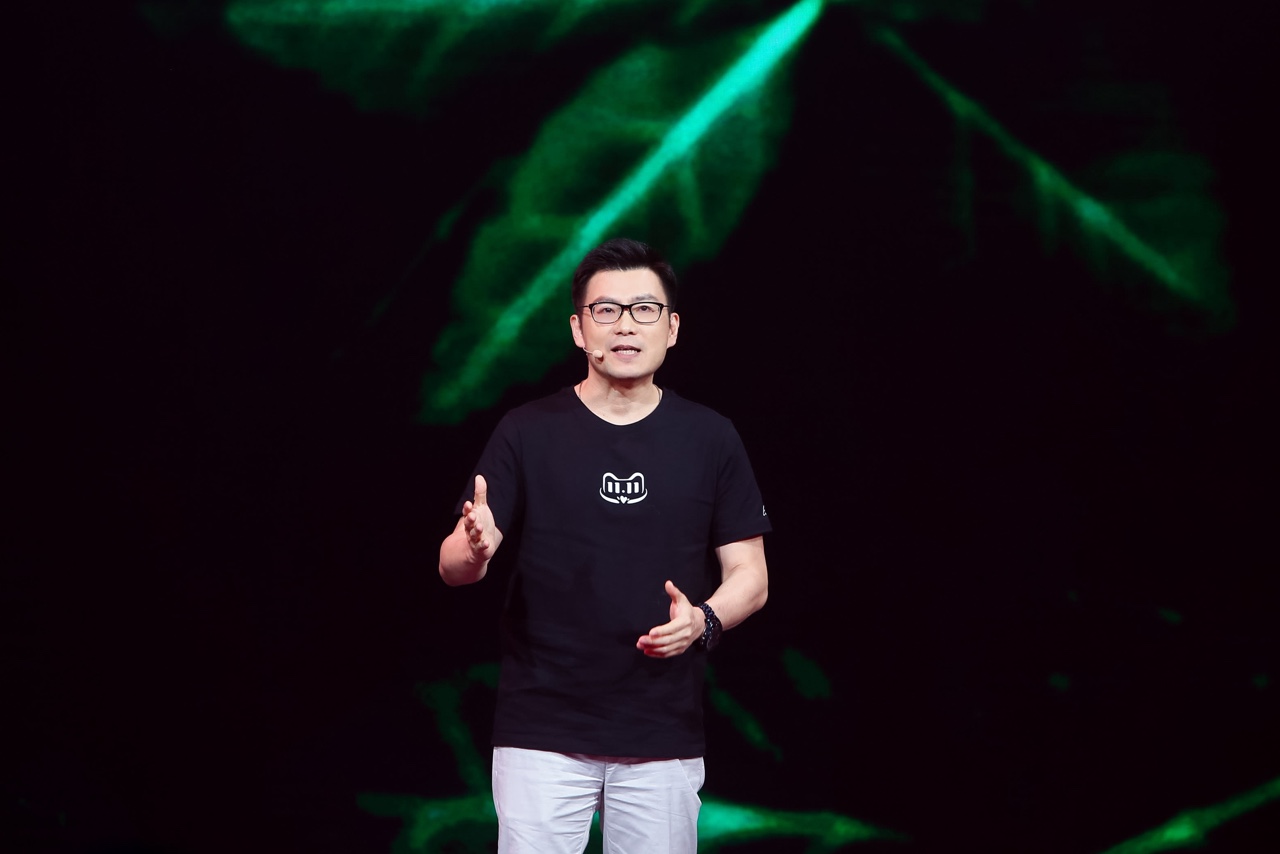
Alibaba kicks off what's expected to be its biggest and greenest 11.11 yet. Photo credit: Alibaba Group
Alibaba Group’s upcoming 11.11 Global Shopping Festival will see a record-breaking 290,000 merchants offer more than 14 million deals to Chinese consumers over the coming weeks.
But what truly sets this year’s 11.11 apart is a stronger focus on the environment and inclusivity.
“This year’s festival marks a new chapter for 11.11,” Chris Tung, chief marketing officer at Alibaba Group, said on Wednesday. “We must leverage the power of 11.11 to encourage sustainable development and promote inclusiveness to consumers, merchants and partners across our ecosystem.”
The festival has become a platform for ideas and aspirations extending beyond commerce, the Alibaba executive said – a launchpad for innovation that will improve communities.
Alibaba’s annual shopping event, the largest worldwide, is set to kick off with pre-sales at 8 p.m. on Wednesday, with another sales window early next month preceding the November 11 main event.
Going Green
At least 900 million shoppers are expected to take part in 11.11 this year, creating a sudden surge of activity in terms of computing power and logistics.
The company has risen to the occasion with plans to slash order-related carbon emissions by 30% year on year thanks to recent advances in technology.
From November 1, more than 60,000 package pickup stations operated by Alibaba’s fulfillment branch Cainiao Network will provide recycling services. The logistics service will also leverage its self-developed sorting algorithm to match products with the right parcel size; so far, the tool has processed more than 510 million cardboard boxes and cut packing waste by 15%.
This is a greener 11.11, a charity-focused 11.11
Additionally, Alibaba will launch a dedicated vertical to shine a spotlight on eco-friendly brands and products, offering RMB100 million (US$15.6) worth of “green-shopping vouchers” to encourage consumers to shop sustainably.
Shoppers earn “energy points” on Alipay Ant Forest for each green purchase they make. The Alipay e-wallet translates these virtual points into real trees planted in China’s most arid regions in need of reforestation. More than just sources of clean air, these trees will protect soil from erosion and prevent farmland from turning into desert.
Meanwhile, used-goods marketplace Idle Fish – “Xianyu” in Mandarin – will launch a service that encourages users to recycle unwanted gadgets and electronic appliances by rewarding them with deals on energy-efficient products.
Goods for Good
In addition to prioritizing the environment, Alibaba is working to support China’s most underprivileged communities this 11.11 by promoting accessibility and charitable giving.
“We want to use our capabilities and technological innovations to create value for society […by] taking the long view as to what consumers need and what society will need as it develops,” said Alibaba’s Tung.
As part of its support of charitable causes, Alibaba is encouraging consumers to share their purchases made through the company’s Goods for Good program with each other. The program allows merchants to pledge a portion of their sales to a charity of their choice.
The Goods for Good initiative was launched in 2006 to raise funds for a terminally ill Taobao merchant. 15 years on, it has helped generate 47.3 billion in donations that have funded 200 charitable projects, benefiting more than 43 million people. In 2020, 2.45 million merchants participated.

This year, sellers who meet a donation threshold will be awarded special standing and added to a daily ranking showing the 100 most generous merchants, making them more visible to shoppers during the festival.
For its part, Alibaba will donate RMB1 for every interaction on a post by consumers on social media during the 11.11 shopping season. Donations will go towards charities supporting underprivileged communities, including the elderly living alone, low-income workers and China’s “left-behind children” – minors whose parents work in cities far from home.
To receive the latest news directly in your inbox, sign up for the weekly Alizila newsletter




